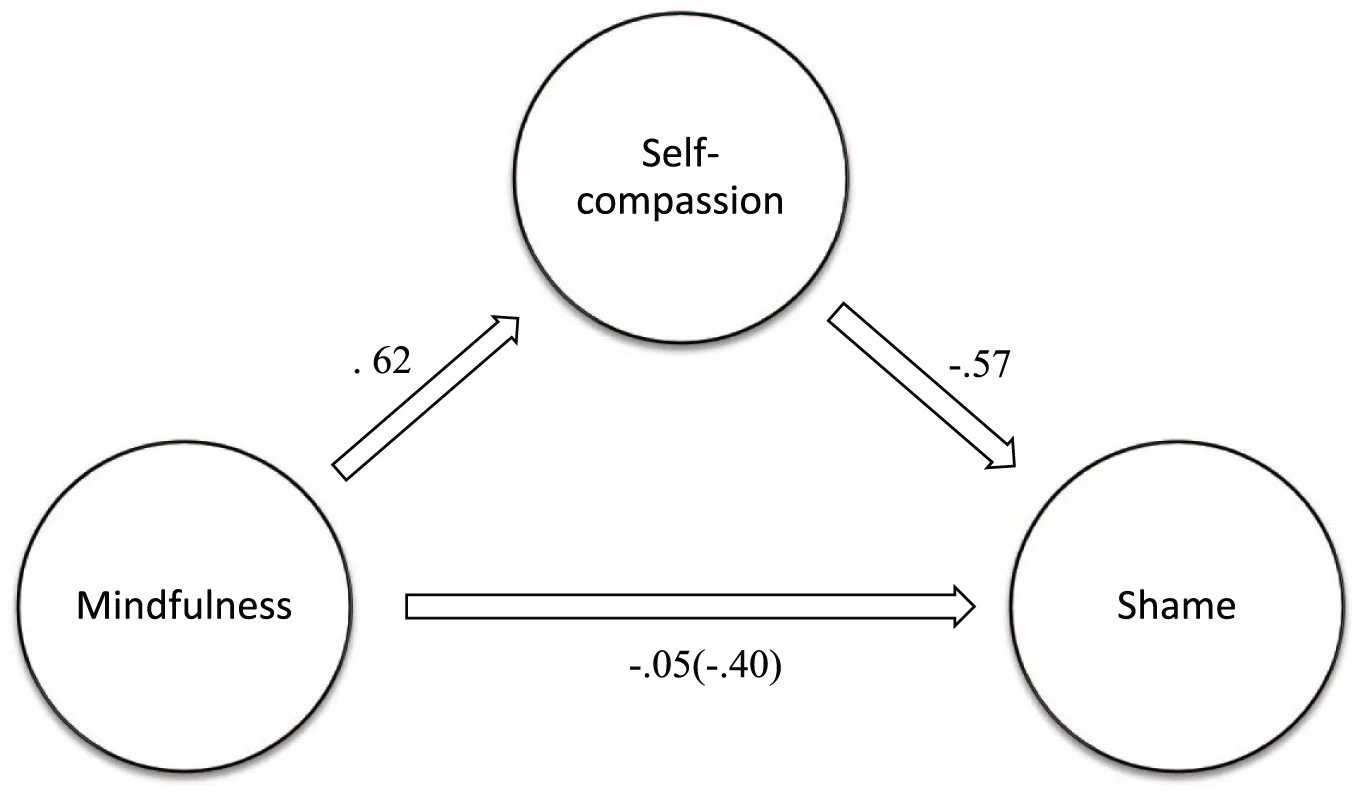A growing body of research shows self-compassion is uniquely helpful for dealing with shame, perhaps the most difficult of human emotions.
Read MoreSelf-compassion is uniquely helpful for dealing with shame, perhaps the most difficult of human emotions. A formal definition of shame is “a complex combination of emotions, physiological responses and imagery associated with the real or imagined rupture of relational ties.” (Hahn, 2000)
“Developing shame resilience, this ability to move toward empathy in the face of shame, is not an easy process” (Brown, 2007, p. 66). The four elements of shame resilience provide a valuable focus for healing. To begin:
Learn to recognize and understand your shame triggers.
Develop high levels of critical awareness about your web of shame.
Be willing to reach out to others.
Become able to speak about shame.
We should take some time to reflect on the questions that Brene Brouwn (2007) proposes to gain a greater understanding of your physical reaction to shame
Learning to recognize shame will help us gain power over it.
Read MoreThe purpose of the current study was to investigate associations between mindfulness, self-compassion, and shame. 159 participants completed the FFMQ, the SSSF, and the ESS As expected, both mindfulness and self-compassion were negatively correlated with the experience of shame. In addition, self-compassion was found to fully mediate the relationship between mindfulness and shame. In an effort to explore this relationship further, the associations between specific facets of mindfulness (e.g., observing, describing, acting with awareness, non-reactivity, and non-judgment) and shame were examined. Results showed that the non-judgment facet remains a significant predictor of shame even after controlling for self-compassion. These findings highlight the negative self-evaluative nature of shame, suggesting that shamed individuals may benefit most from interventions that foster non-judgment attitudes toward feelings and thoughts.
Read MoreSegún Dr. Chris Germer, CMSC Co-Founder, as you learn more about Mindful Self-Compassion and practice more often you may notice how invisible threads emerge that reflect your deepening practice and understanding of self-compassion. One thread that is woven throughout the MSC program are the 3 components of self-compassion – mindfulness, common humanity, self-kindness. I recently discovered that the 3 components of self-compassion are the underlying framework of the 3 paradoxes of shame.
Read MoreAs practitioners, we know how transformative self-compassion can be – especially when it comes to healing shame. But here’s the thing – when a client is deeply rooted in shame, the very idea of being kind to themselves can feel undeserved and uncomfortable, even unnatural. So what if we could give them a step-by-step process to help them move beyond these common blocks to self-compassion? NICABM created a free tool for practitioners to share with clients that breaks down the 5 key steps for transforming shame with self-compassion.
Read More





